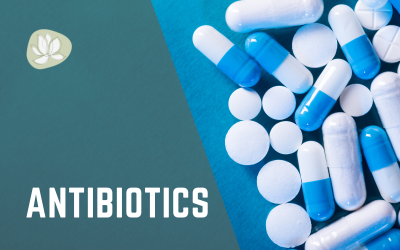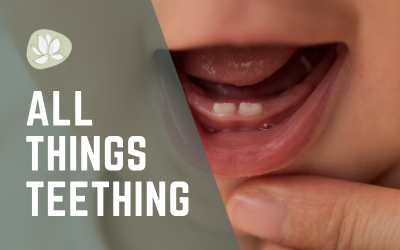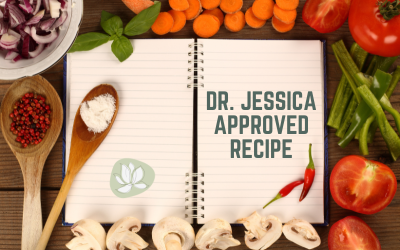Hello, hello!
We are on the last week of our Mental Health Month series with my Four Pillars of health. Nutrition!!!! This is one that sometimes people can get upset and often ask, “Are you saying that all mental health is because I’m eating wrong?”
No, but what I am saying is that when we have trauma, the brain is on high alert and our limbic system is looking for that bear. I’m asking that we look at false triggers that can create false emotions.
We know that the limbic system relies on the five senses to survive. Saliva is part of your taste buds, and the moment food hits your mouth, it determines if it is real, fake, or if it is a chemical it will have to break down. It then alerts the entire digestive tract.
If it’s a chemical, we’ve alerted the limbic portion of the brain to danger. There has been so much altered with wheat and then the dramatic addition of sugars. Each has a psychological effect attached to it. Temper tantrums to depression to anger outbursts. Please research Non-Celiac Gluten Sensitivity (NCGS).
One of the largest demands for fats comes from our brain! I’ll often recommend incorporating a tremendous amount of fats into our diet, especially for women who have had children and graciously donated their brain fats to their children! Coconut oil and butter are great examples of good fats, along with decreasing sugars, wheat, and artificial food colorings. If you need more, I love Olprima from Standard Process. You can order that from HERE.
If you want to learn more about this, I highly recommend two books, Grain Brain and Crazy Makers that go into how our emotional states can be altered by the foods that we are eating.
This is always the first step I encourage my patients to do so they can reduce the load on the limbic portion of their brain. Many times I will tell them to start here, call me in 30 days, and let me know what is still sticking around. This will help identify false triggers to your emotions and really help get down to serious healing quickly.
I hope this explains the potential nutritional causes of mental health issues.
It’s a trigger and we want to try to avoid as many of those as possible.




Recent Comments